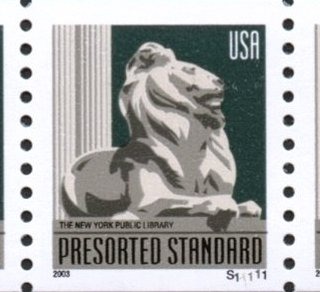Failure
We humans learn from our mistakes. If we didn’t, it would be more likely that one of them would kill us. This is why we tend to remember bad things more often than the good ones. The reason that I haven’t posted in a while is that my last essay was and is a flop. I don’t flatter myself, it was not a spectacular flop, just one that attempted to use descriptive prose where an illustration or two was needed.
What we learn from our mistakes varies. Too often, a social gaffe or an embarrassing situation “teaches” the unfortunate one to tuck an imaginary tail between the legs and avoid similar situations in the future. Many people in our society, from those found in the schoolyard to the boardroom, recognize the advantage gained by making us feel bad about ourselves. When we lose confidence, we slip downward in the unofficial, but very real pecking order that competitive humans work hard to establish. I am not suggesting that feeling shame is always inappropriate, but I do believe that creating disproportionate shame and embarrassment through the creation and maintenance of Victorian-like mores is nothing more than a mechanism of enslavement and control.
In contrast, a self-confident individual will learn a very different lesson from a mistake. Like a concert pianist, a confident person will use a mistake to point out an area that requires additional practice, work, or development. The self-confident person’s self image is not changed by the mistake because the self image already contained the known ability to make a mistake, and to make it without undue fear of consequences. To put it another way, to the self-confident, the consequences of a mistake exist only as logical outcomes of that mistake, and not as general consequences in some broader social matrix.
The confusion of ideas that exists for the person that lacks confidence, is that society is judging that person for the betterment of that individual. If a person or group is actually making you feel bad about yourself over a simple human failing, they are doing it to impress upon you their own superiority. When seen from a broader perspective than one’s own embarrassment, this alleged superiority is momentary at best, and lacking in empathy and compassion. Of course, we are our own harshest critic, and often are not being actually judged at all. We learned that behavior from somewhere, however.
I am not sure what lesson I will ultimately take away from my mess of an essay. Either I will rework it into something presentable, or I will use it to recognize the same trap the next time I start to write it out. Perhaps I will do both. I’m just glad for the moment that I have learned to stop kicking myself over things like this; doing that tends to be a dismotivator.


1 Comments:
What I have learned from my mistakes is that when riding my bicycle along the edge of the canyon, I should make sure the safety ropes are in place and knotted well. It's a nasty slide to the bottom, and it's a long way down.
Post a Comment
<< Home